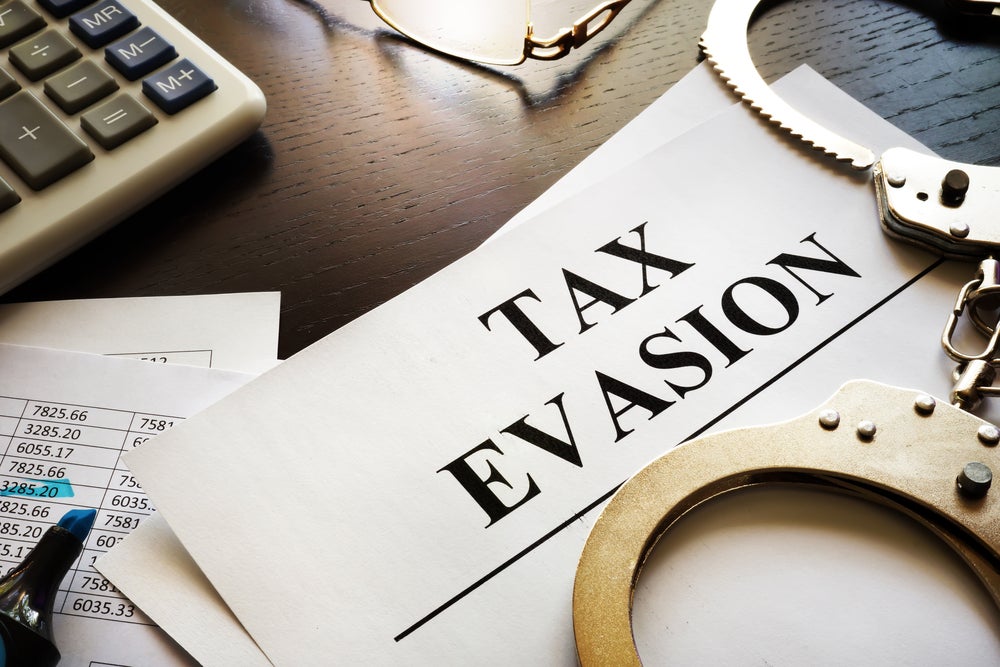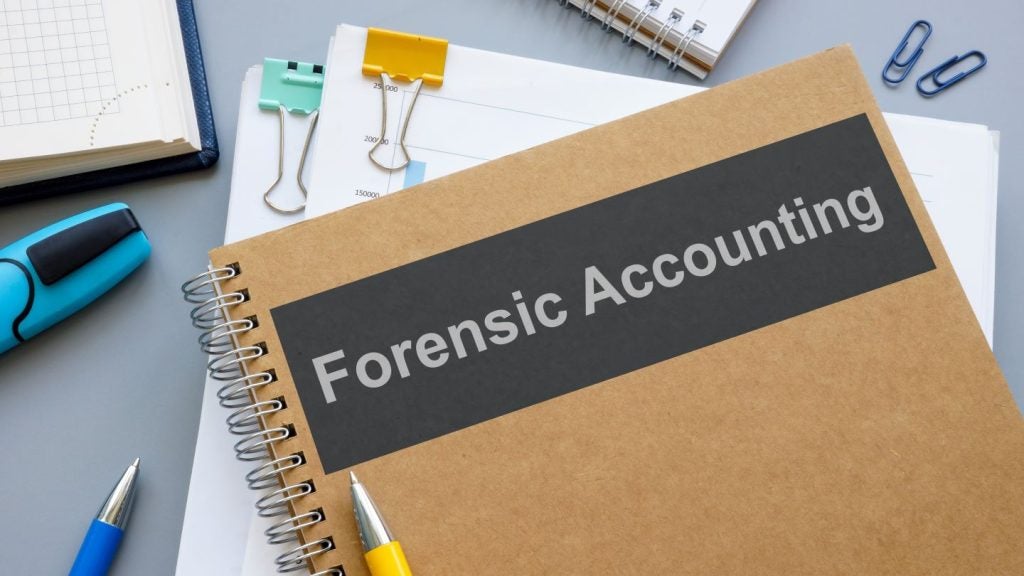
The average length of prison sentences for UK tax fraud hit a new high of 5.3 years last year, up 66% from 3.2 years in 2018 as HMRC intensifies its crackdown on tax crime, says multinational law firm Pinsent Masons.
Since the global financial crisis tax evasion has been viewed as a more egregious offence with increasing sentence lengths for tax evasion matching increasing concerns about tax evasion amongst the broader public.

Access deeper industry intelligence
Experience unmatched clarity with a single platform that combines unique data, AI, and human expertise.
HMRC has in recent years shifted its focus to combating the most serious forms of tax fraud. As part of these efforts, HMRC’s Fraud Investigation Service (FIS) was set up in 2015 to bring criminal charges and major civil penalties in the largest and most complex cases of tax fraud. It is playing a key role today in achieving longer sentences for tax fraudsters.
New legislation could push the average sentence length for tax fraud even higher in the coming years. In the recent Spring Budget, the UK Government doubled the maximum sentence length from seven to 14 years. It is hoped that this will act as a powerful deterrent against the most serious forms of tax fraud.
Pinsent Masons partner, Andrew Sackey, detailed that HMRC is increasingly targeting more complex and serious evasion. He adds that the increase in the average sentence length for tax fraud by the Courts shows that HMRC’s more aggressive approach is working.
Sackey said: “The growing length of prison sentences shows HMRC’s strategy of targeting the highest-value cases of criminal tax fraud is now delivering deterrent results.

US Tariffs are shifting - will you react or anticipate?
Don’t let policy changes catch you off guard. Stay proactive with real-time data and expert analysis.
By GlobalData“A custodial sentence of up to 14 years will soon be possible, which will be an even stronger deterrent to committing tax fraud. HMRC is not going to let up in pursuing these major cases.”
The UK Government is also in the process of passing legislation that would criminalise those who ignore an HMRC order to stop promoting a tax avoidance scheme.






